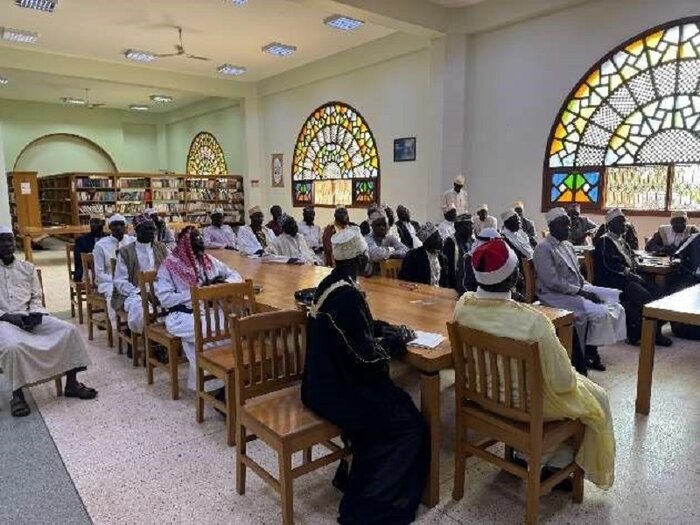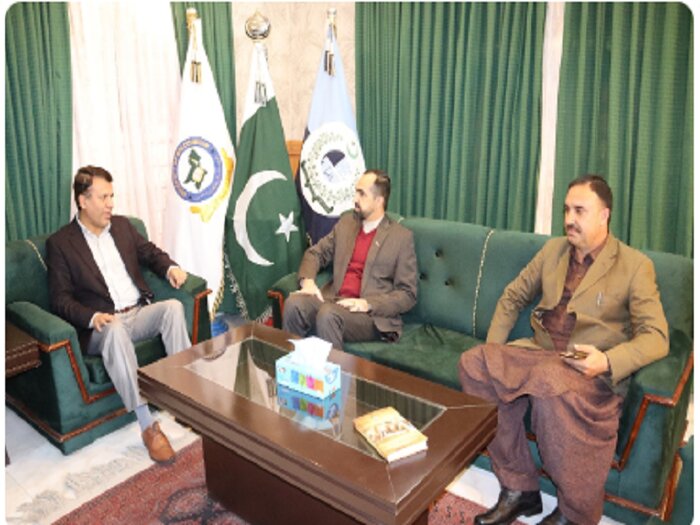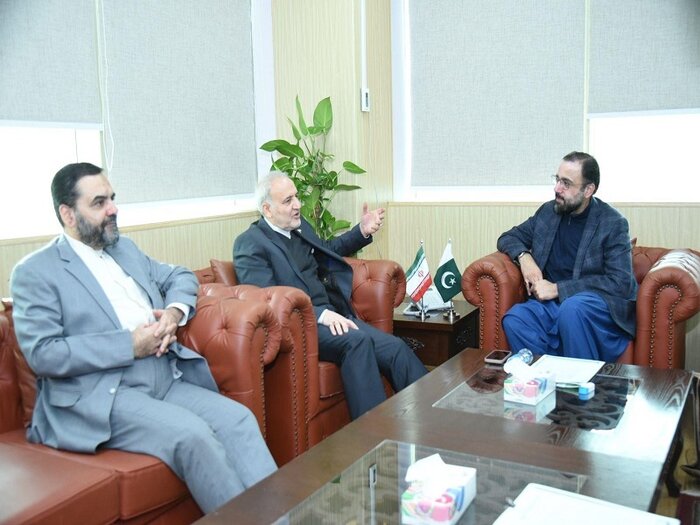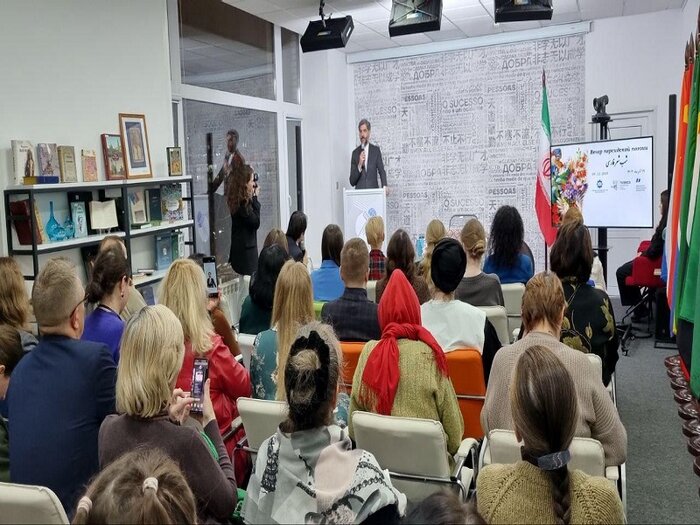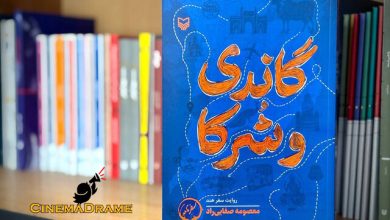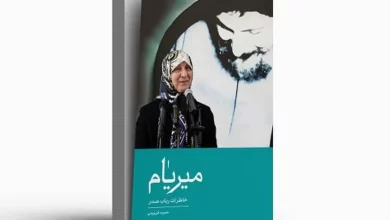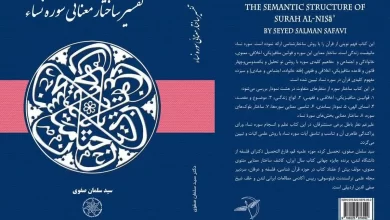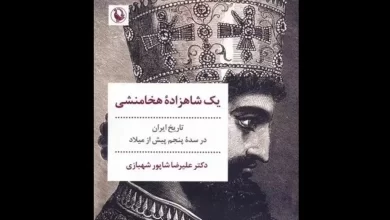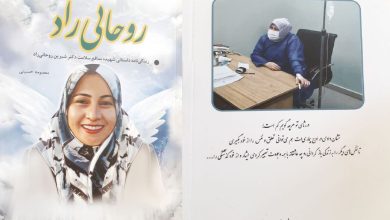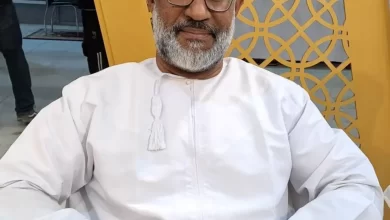“The Tale of Restlessness” of the martyr Defender of the Shrine has been published in English.
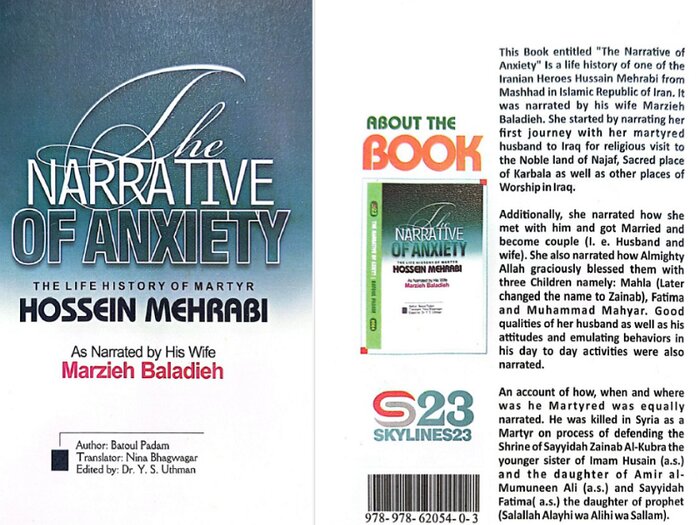
“The Story of Restlessness” of Martyr Hussein Mehrabi Published in English
The cultural attaché of the Islamic Republic of Iran in Nigeria, in an effort to promote the literature of martyrdom and resistance, has published the English translation of the book “The Story of Restlessness,” a biography of Hussein Mehrabi, a martyr of the defenders of the shrine.
According to Cinemadrama, the book “The Story of Restlessness”, which narrates the life of Hussein Mehrabi as told by his widow, Marziyeh Baladiyeh, is part of the oral history collection of heroic women and was originally published by Setarehha Publishing. Now, the cultural attaché of the Islamic Republic of Iran in Nigeria has taken the initiative to publish the English translation of this book in order to introduce the teachings and authentic religious behaviors, especially among the Muslim community, on the international stage and to develop the culture and literature of resistance.
The English translation of The Story of Restlessness has been published in 500 copies and spans 307 pages. It was produced in collaboration with the Center for the Organization of Translation and Publishing of Islamic Knowledge and Humanities and Skylines 23 Nigeria Publishing. This book introduces international audiences, particularly the Shia community in Nigeria, to the perseverance, hardships, and joys of the martyr’s family life.
Persian Poetry Enters a New Era in the Last Century
Masoud Ahmadvand, Cultural Attaché of Iran in Russia, emphasized the importance of cultural activities in strengthening bilateral relations and said: “Russia and Iran have expanded their relations within the BRICS framework, and in line with this development, holding events like Persian Poetry Nights can help elevate the level of mutual understanding between the two nations.”
He added: “In the works of great Persian poets like in the epic of the Iranians, the Shahnameh, and in the poetry of others such as Saadi Shirazi, Hafez, Rumi, and Khayyam, mystical thought is very prominent. Later, with the expansion of the Persian language, poets such as Bidel in the Indian subcontinent and Nizami Ganjavi in northern Iran wrote poetry in Persian.”
Ahmadvand also noted: “In the last hundred years, Persian poetry, due to political changes like the Constitutional Revolution and the Islamic Revolution of Iran, has entered a new world, and its concepts and messages have found expression in poetry.”
Maria Gunn, Head of the Persian Language Center at the Iranian Cultural Attaché in Russia, also stated: “Familiarity with the culture of a neighboring country allows us to establish lasting relations even without knowing the language or possessing deep knowledge of that country. The steps being taken to familiarize Russians with Iran are significant, and the Iranian Cultural Attaché is working to promote Persian language and Iranian culture in Russia.”
Strengthening Trust Between Islamic Countries: A Vital Need
Reza Amiri-Moghadam, Ambassador of Iran to Pakistan, in a meeting with Chaudhry Salik Hussain, Pakistan’s Minister of Religious Affairs, highlighted the deep historical relations and cultural commonalities between the two neighboring nations, Iran and Pakistan, and stated: “The shared views of the two countries on international issues can play a pivotal role in enhancing regional unity. Building trust between Islamic countries is a vital need for the Muslim world, and thus we must work together to address shared challenges such as terrorism and extremism.”
Minister Salik Hussain emphasized the deep cultural and religious bonds between Iran and Pakistan, saying: “Iran and Pakistan, as two Muslim nations, can serve as a model of Islamic solidarity by strengthening cultural and religious ties. The Persian language has deep roots in Pakistan, and supporting its education and promotion can deepen the cultural connections between our nations.”
Majid Meshki, Iran’s Cultural Attaché in Islamabad, also stressed the importance of strengthening cultural exchanges between Iran and Pakistan, stating: “Exchanges of cultural, artistic, and media delegations could bring a transformation to the relations between Iran and Pakistan.”
The Revival of Persian Language Studies at the University of Balochistan, Pakistan
Seyed Abolhassan Miri, the Cultural Attaché of Iran in Quetta, Pakistan, emphasized the importance of reviving and strengthening the Department of Persian Language and Literature at the University of Balochistan during a meeting with Zuhur Ahmad Bazaei, the university’s president. Miri suggested that if the university’s administration agrees, Iran is willing to send a professor of Persian language and literature to teach at the university.
He noted that Persian language studies are crucial for traders, students, border dwellers, and even border forces stationed in Balochistan who have ties with Iran. Miri added that given the importance of the long border between Pakistan’s Balochistan and Iran, there is a need for joint academic activities to further familiarize both countries and train specialists in both countries.
Zuhur Ahmad Bazaei, the President of the University of Balochistan, welcomed the proposal and expressed readiness to take necessary actions to strengthen the department and introduce Persian language courses across various departments of the university.
Boosting Unity Through Dialogue
Hojatoleslam Seyed Abdol-Fattah Navab, representative of the Supreme Leader for Hajj and Pilgrimage Affairs, during a meeting with members of the Supreme Council of Muslims at the National Mosque of Uganda, referred to Hajj as one of the most prominent symbols of unity among Muslims. He said: “Every year, those who attend Hajj wear a unified dress, which is a symbol of unity among them. The Prophet Muhammad (PBUH) emphasized unity and always urged Muslims to hold on to the rope of God for the preservation of unity and brotherhood.”
He continued: “Muslims must always adhere to common Islamic principles and values and place strategic programs like mutual dialogue to achieve unity on their agenda. The enemies of Islam attempt to prevent unity among Muslims by designing division and carrying out terrorist acts. Therefore, Muslims around the world must remain vigilant and aware of the enemy’s plans.”
